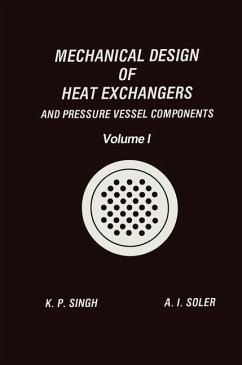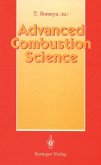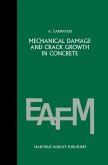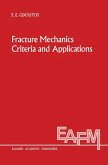A tubular heat exchanger exemplifies many aspects of the challenge in designing a pressure vessel. High or very low operating pressures and temperatures, combined with sharp temperature gradients, and large differences in the stiffnesses of adjoining parts, are amongst the legion of conditions that behoove the attention of the heat exchanger designer. Pitfalls in mechanical design may lead to a variety of operational problems, such as tube-to-tubesheet joint failure, flanged joint leakage, weld cracks, tube buckling, and flow induced vibration. Internal failures, such as pass partition bowing or weld rip-out, pass partition gasket rib blow-out, and impingement actuated tube end erosion are no less menacing. Designing to avoid such operational perils requires a thorough grounding in several disciplines of mechanics, and a broad understanding of the inter relationship between the thermal and mechanical performance of heat exchangers. Yet, while there are a number of excellent bookson heat ex changer thermal design, comparable effort in mechanical design has been non-existent. This apparent void has been filled by an assortment of national codes and industry standards, notably the "ASME Boiler and Pressure Vessel Code" and the "Standards of Tubular Exchanger Manufacturers Association. " These documents, in conjunction with scattered publications, form the motley compendia of the heat exchanger designer's reference source. The subject matter clearly beckons a methodical and comprehensive treatment. This book is directed towards meeting this need.
Bitte wählen Sie Ihr Anliegen aus.
Rechnungen
Retourenschein anfordern
Bestellstatus
Storno








